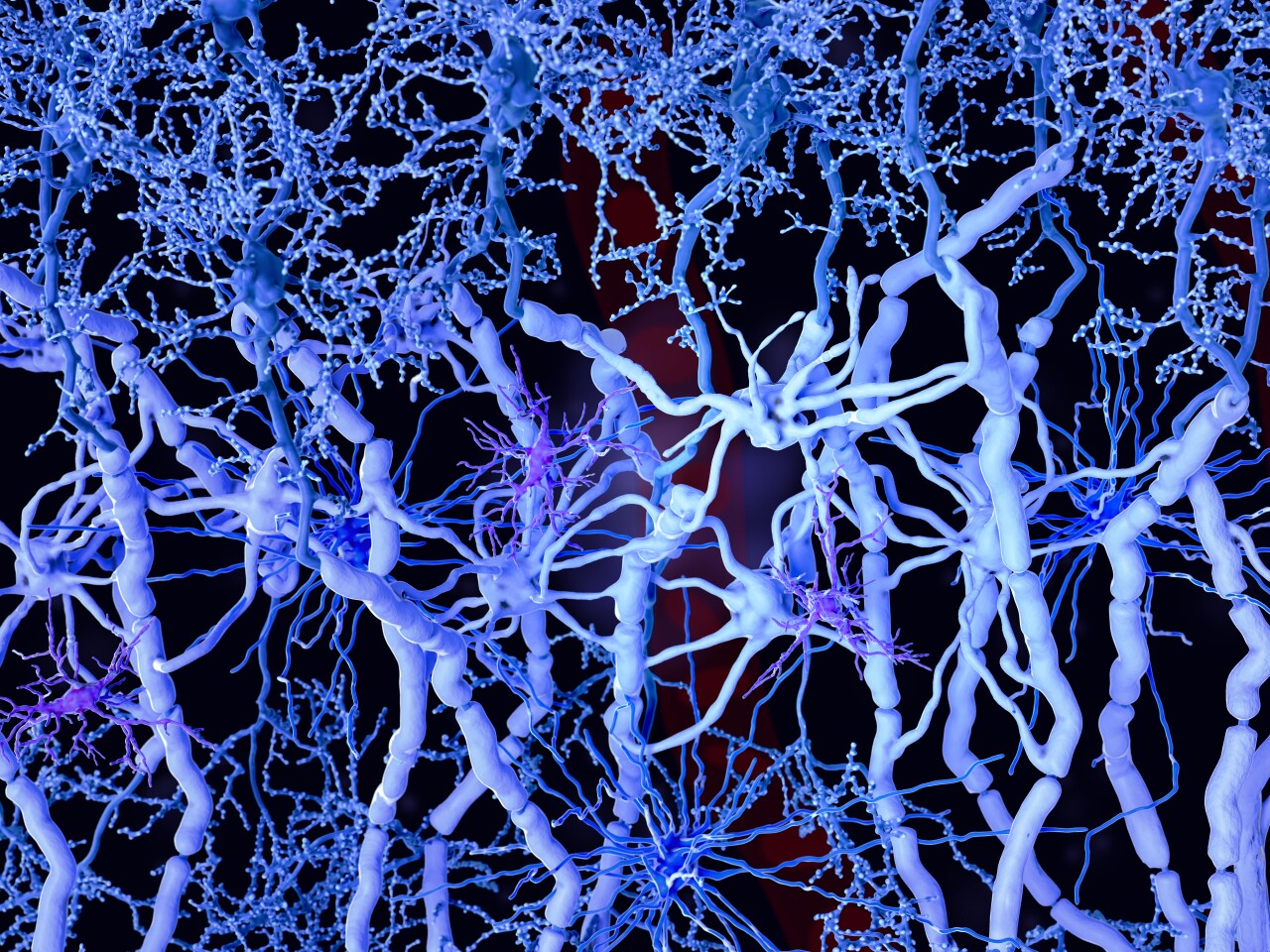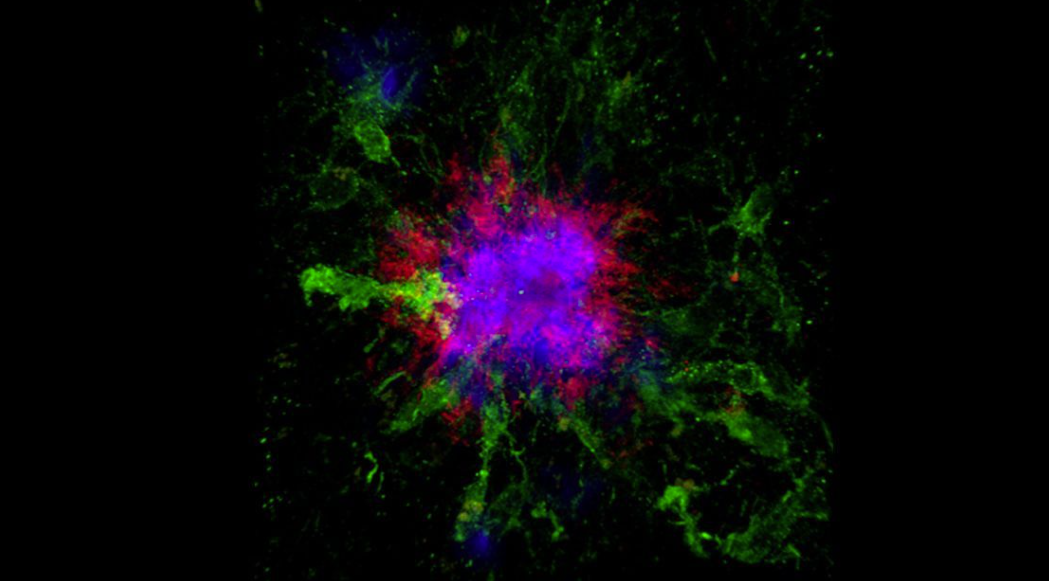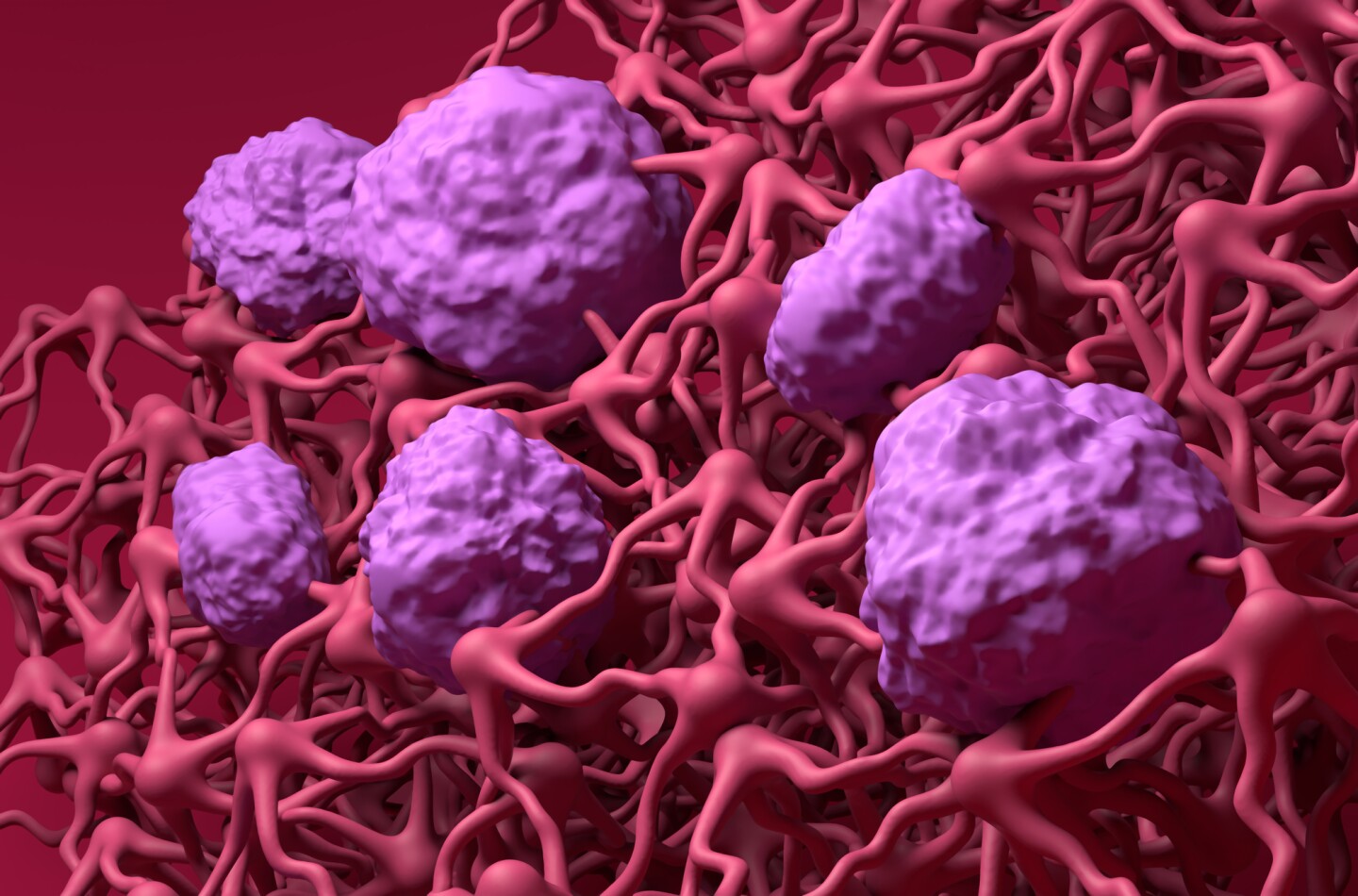Study reveals how mutated protein invades the brain in Parkinson’s

A new study has revealed how the mutated proteins that are a hallmark of Parkinson’s disease spread and aggregate in the brain. The finding opens the door to developing a way of halting the disease’s progression and may be useful in tackling other neurodegenerative diseases caused by protein aggregation.
Tags: Parkinson’s Disease, Protein, Neurological
Continue reading Study reveals how mutated protein invades the brain in Parkinson’s





